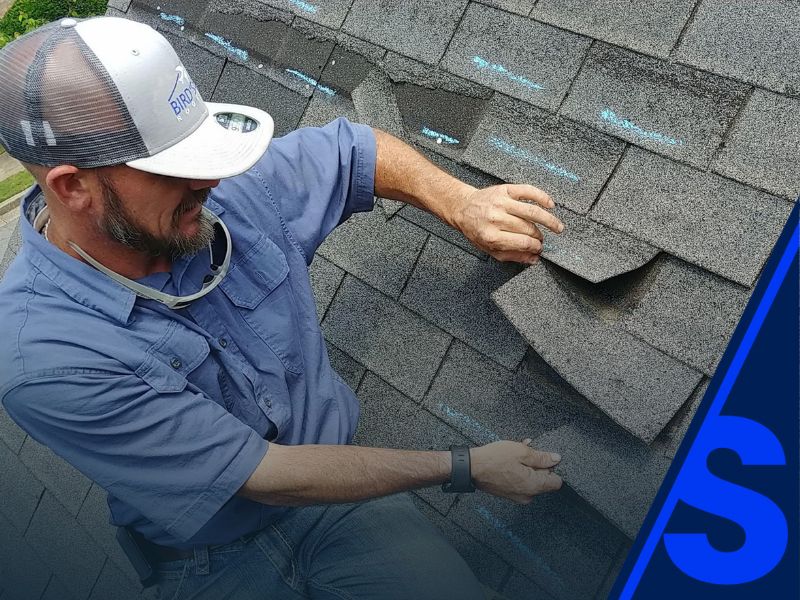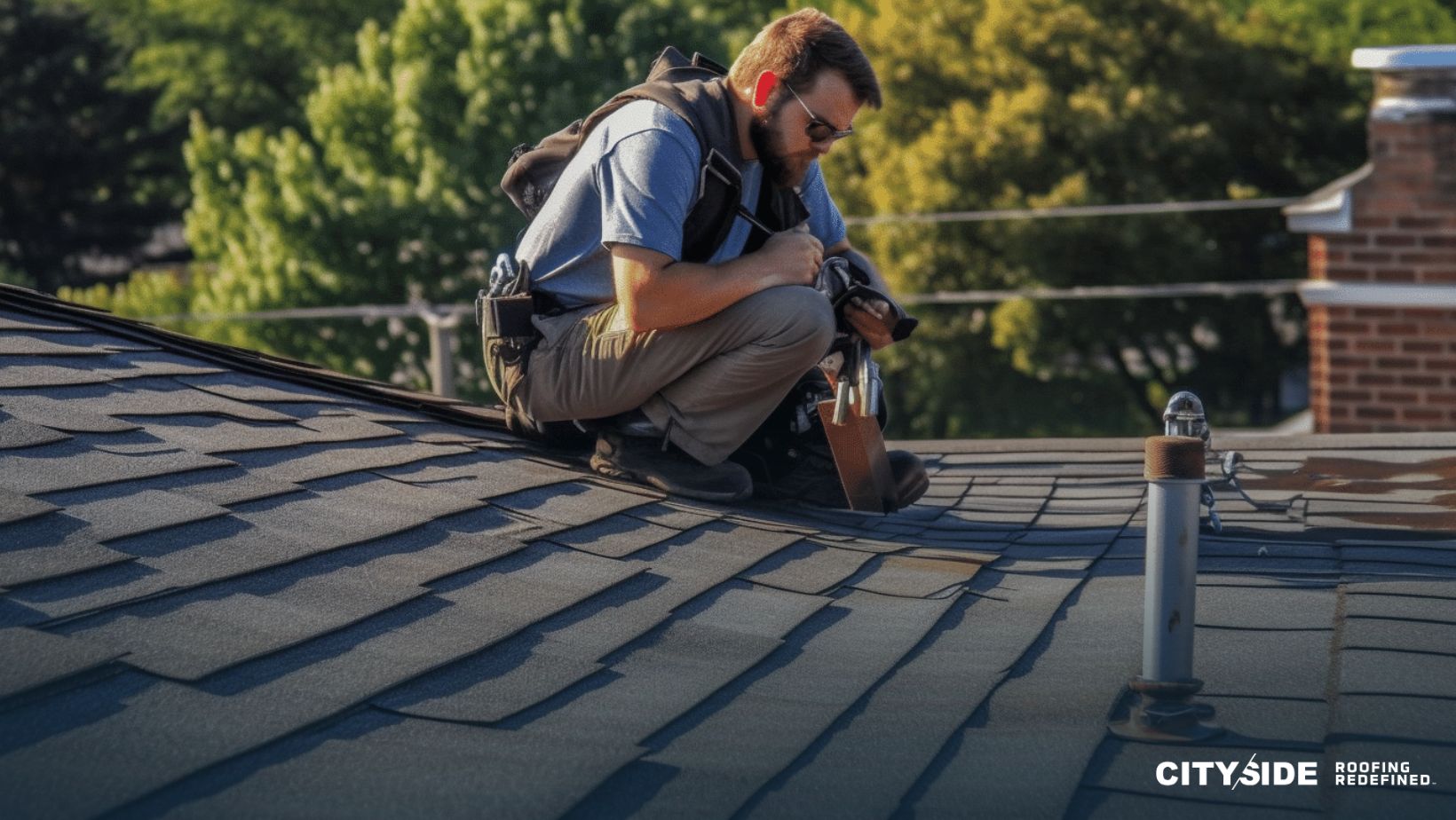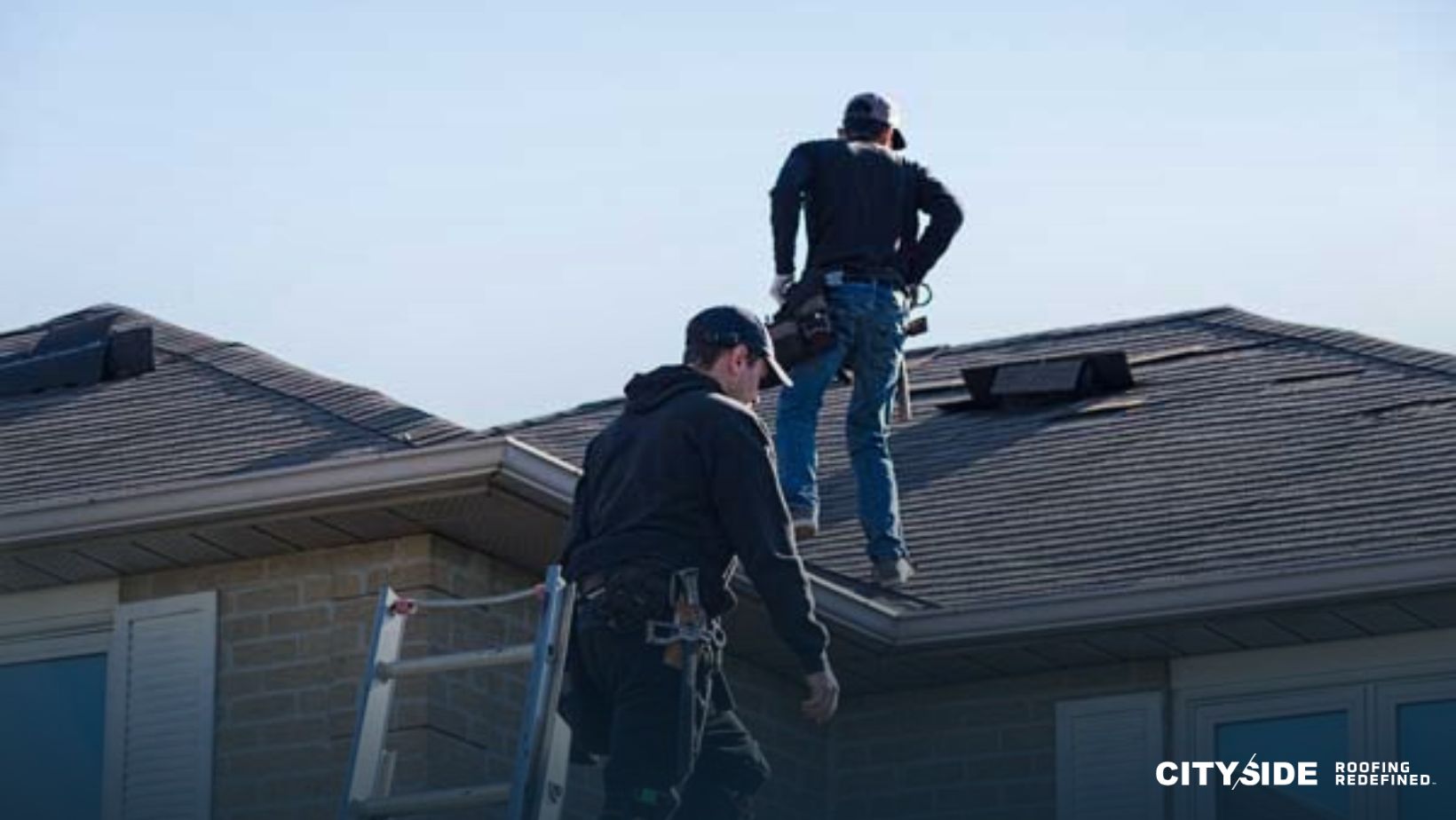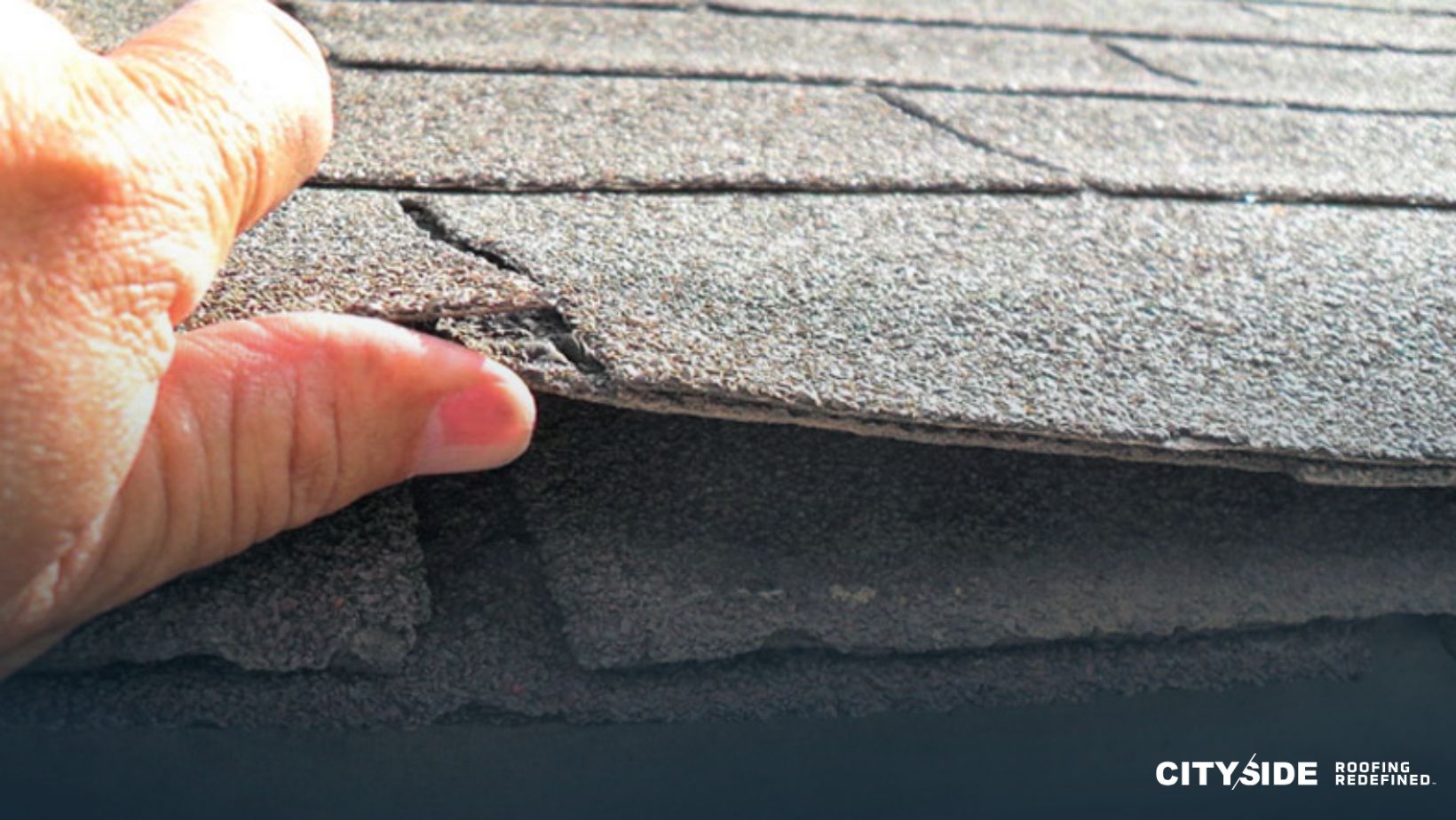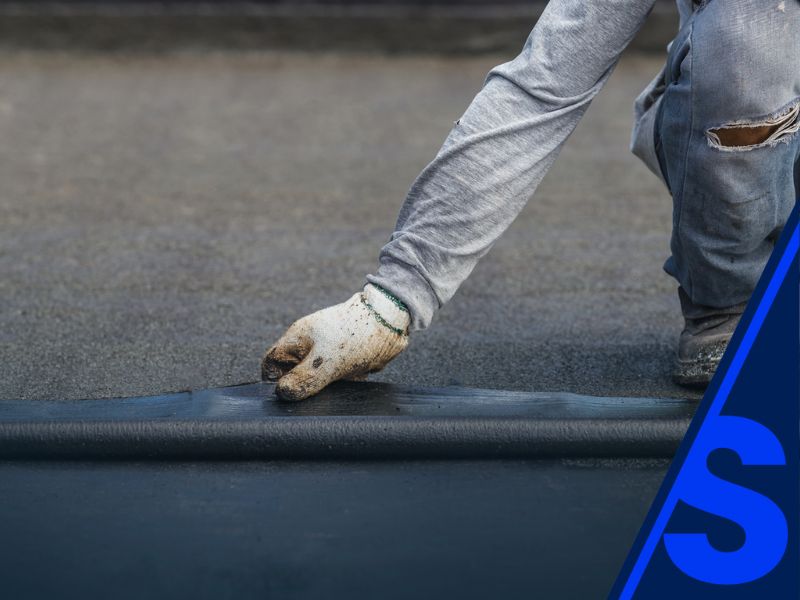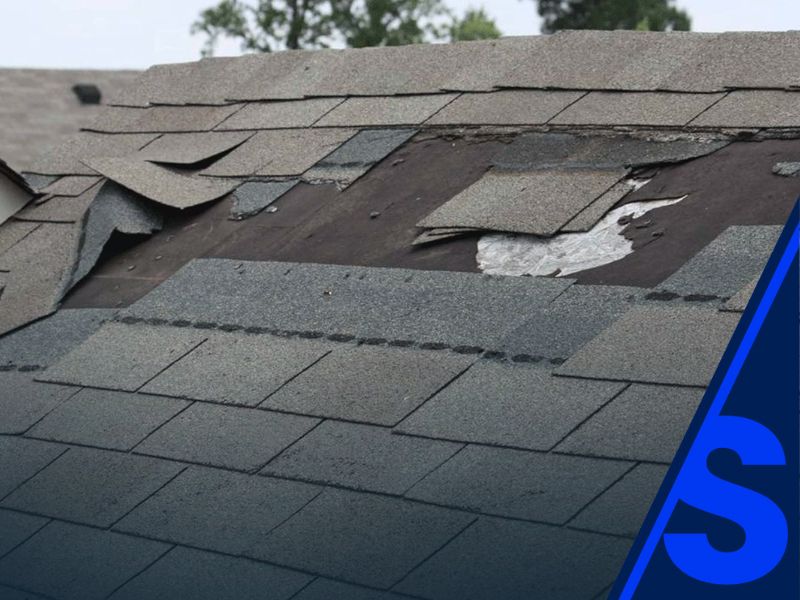Table of Contents
1. Introduction
For home builders in Florida, every detail of the construction process is vital—but roofing inspections stand out as one of the most critical checkpoints. Given Florida’s strict roofing regulations, harsh climate, and vulnerability to hurricanes, ensuring that roofing systems are properly inspected during construction isn’t just a good idea—it’s essential.
Whether you’re building tract homes, custom estates, or multi-family developments, working with a knowledgeable roofing contractor in Florida helps you avoid costly delays, ensure code compliance, and deliver roofs that stand the test of time. In this blog, we’ll walk through the importance of roofing inspections and share actionable tips that every home builder in the Sunshine State should follow.
2. Why Roofing Inspections Are Crucial During Construction
Roofing inspections during construction help identify issues early—when they are easier and less expensive to fix. For builders, this means:
- Avoiding rework and construction delays
- Ensuring long-term roof performance
- Reducing warranty claims and post-sale issues
- Maintaining compliance with Florida building codes
Florida roofs face a higher-than-average risk of weather-related damage, making early and thorough inspections all the more critical. Whether it’s verifying decking materials, fastening systems, or ventilation design, every layer of the roof contributes to the overall resilience of the home.
3. Common Roofing Inspection Phases in Florida
There are generally three key inspection stages builders should prepare for during roofing construction in Florida:
- Deck Nailing Inspection
Conducted after the roof deck is installed but before underlayment or coverings are added. This verifies proper fastening spacing and decking integrity. - In-Progress or Dry-In Inspection
Takes place once the underlayment, flashing, and water barriers are installed but before the roof is covered. This checks for proper waterproofing and weather readiness. - Final Roof Covering Inspection
Completed after the roofing material (shingles, metal, etc.) is installed. Ensures alignment with Florida’s code for materials, installation, and storm resistance.
Each of these stages involves critical checks that a qualified roofing contractor in Florida like CitySide Roofing understands and prepares for.
4. Builder Tips for Smoother Roofing Inspections
Avoid costly re-inspections and project delays by following these proven builder tips for managing roofing inspections effectively.
4.1 Plan Ahead with a Professional Roofing Contractor in Florida
Your success begins with the partner you choose. Collaborate with a professional contractor like CitySide Roofing, who understands the inspection process inside and out. They will:
- Ensure all materials meet Florida building standards
- Align installation timelines with inspection schedules
- Catch issues early to avoid failing inspections
Having an experienced team on-site means fewer surprises and smoother project flow.
4.2 Know Florida’s Roofing Codes
Florida’s roofing codes are among the strictest in the U.S., particularly in coastal and hurricane-prone zones. Builders must comply with standards covering:
- Nail type and spacing
- Secondary water barriers
- Wind resistance ratings
- Material specifications
Working with professionals in FL ensures that every element of your roofing system is up to code—especially when it comes to hurricane-rated requirements.
4.3 Ensure Proper Installation of Flashing and Underlayment
Flashing and underlayment are often the unsung heroes of a resilient roof. During inspections, these elements are closely scrutinized to prevent water intrusion. Builders should:
- Use corrosion-resistant flashing at valleys, walls, and penetrations
- Install high-quality synthetic or peel-and-stick underlayment
- Overlap materials according to code for watertight protection
Any shortcuts here can result in failed inspections or premature leaks, especially on Florida roofs.
4.4 Monitor Structural Integrity and Decking
Inspectors will closely examine roof decking and trusses to confirm structural integrity. Tips for builders:
- Use code-approved plywood or OSB sheathing
- Confirm fastener type and spacing meets wind-load requirements
- Replace any damaged decking before proceeding
Proper nailing patterns are critical. For instance, many Florida codes now require six nails per shingle for enhanced wind uplift resistance.
4.5 Check for Proper Fastening Systems
Roofing fasteners play a crucial role in keeping Florida roofs intact during storms. Builders should:
- Use ring-shank nails where required
- Avoid staples, which may not pass inspection
- Ensure shingles, tiles, or panels are aligned and properly secured
Partnering with a roofing contractor in Florida who’s well-versed in fastening requirements can save significant time during inspections.
4.6 Confirm Ventilation and Drainage Requirements
Improper ventilation leads to heat buildup, moisture retention, and reduced roof life—all red flags for inspectors. Builders should:
- Install ridge and soffit vents for balanced air flow
- Check that ventilation meets square footage requirements
- Ensure adequate guttering and slope for water runoff
Well-designed ventilation and drainage not only improve performance but also help pass inspections without hiccups.
5. Partnering with the Right Roofing Contractor
While inspections are ultimately conducted by building officials, the real work is done by your roofing partner. That’s why working with experienced professionals in FL who know what inspectors are looking for is vital.
Choose a team like CitySide Roofing that offers:
- Detailed pre-inspection walkthroughs
- Clear documentation for inspectors
- On-site supervision during inspection phases
A good contractor acts as a second set of eyes, ensuring your roofing installation holds up under scrutiny and is ready to move the project forward.
6. Why Choose CitySide Roofing
CitySide Roofing is trusted by home builders across Florida for a reason. As a premier roofing contractor in Florida, we specialize in supporting new construction projects from the ground up—particularly during the inspection process.
Here’s what you get when you work with us:
✅ Inspection-Ready Workmanship – We install roofing systems that meet and exceed Florida’s toughest codes.
✅ Expert Communication – We coordinate directly with your project managers and inspectors.
✅ Dependable Scheduling – We stay on track so your inspections and deadlines are never compromised.
✅ Top-Tier Materials – We use only the highest-grade products designed for the Florida climate.
Need guidance for an upcoming inspection? Contact CitySide Roofing to ensure your next roofing phase passes with confidence.
7. Final Thoughts
Roofing inspections during construction are more than just procedural—they’re a critical step in ensuring your new builds in Florida are safe, durable, and compliant. By understanding the inspection process, planning ahead, and working with a reliable roofing contractor in Florida, you’ll avoid costly delays, safeguard your reputation, and deliver homes that truly stand the test of time.
Don’t leave your roofing inspections to chance.
Contact CitySide Roofing today to ensure your next build meets Florida’s highest standards with expert precision.
Related Reading: Why Weatherproofing Is Key for Builder Roof Choices
